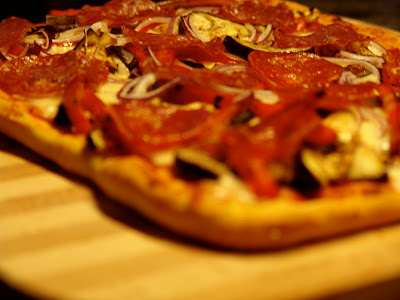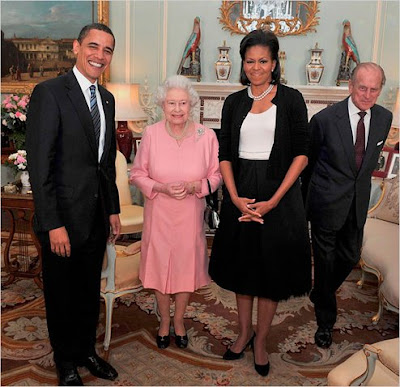
Tuesday, April 28, 2009
Fear. The Big One.

Saturday, April 25, 2009
Flying solo.

Friday, April 24, 2009
More Susan Boyle. 10 years ago.
Monday, April 20, 2009
Sun, Surf, Sand, Margarita. Repeat.


A few year's ago Rick’s stepfather Bob was sitting on our deck, content, first time on the Oregon coast. Relaxing in the filtered sunshine coming through the Sitka Spruce, the tide making the rocks sing on the shore below, a hawk flying between the trees on the edge of the cape, one of those days that makes you certain everyone not living in Oregon is crazy-stupid or merely crazy-insane. We mentioned we were leaving for vacation in a week. He looked from forest to ocean, looked at us. ‘A vacation from this? Why?’ A poet in our midst. And his point was taken. But once again nature calls. In this case the small and highly intoxicating fishing village/surfing town/expat haven of Sayulita, Mexico. First Bend for three days, then a week with great friends. This means Charlotte will have the blogging to herself. Unless Mellie or one of our other one ripe friends wants to join in.
Sunday, April 19, 2009
Yeast: the new Prozac.
 I like to cook. I don't like the obligatory shopping / feeding / plate cleaning ritual that seems to take over my life, but when hours are long and the fam is relaxed and one job has been neatly filed away until the next one comes along, I do like to cook. In fact, I love it. But I've never been a bread person, at least not until this year.
I like to cook. I don't like the obligatory shopping / feeding / plate cleaning ritual that seems to take over my life, but when hours are long and the fam is relaxed and one job has been neatly filed away until the next one comes along, I do like to cook. In fact, I love it. But I've never been a bread person, at least not until this year. Thursday, April 16, 2009
Some Major and Minor Saints, Part One

Some saints are highly secular. But for some of us they form our strongest religion. In no particular order whatsoever: Merce Cunningham. Diane Arbus. Kerouac & Cassady. Dickinson. Hemingway. Capote. Plath. Martha Graham. Anne Sexton. Jackie Robinson. Sandy Koufax. Julia Child. Muhammad Ali. Louis and Ella. Tenzing Norgay, because sherpas do all the heavy lifting. Jane Goodall. Harvey Milk. Tennessee Williams. James Baldwin. Langston Hughes. Robert Lowell. Billy Wilder and Kurosawa, Hitchcock and Truffaut, Polanski, Kubrick, Capra, Almodovar, Cuaron & Inarritu & del Toro. Imogen Cunningham. Lucien Freud. Francis Bacon, Botero, Louise Bourgeois, Alexander Calder, Chuck Close, Robert Crumb, William Eggleston, Robert Frank, Tina Modotti, Claes Oldenburg, Meret Oppenheim, Diego Rivera, Cindy Sherman, Julian Schnabel, Wayne Thiebaud, John Currin, Helen Levitt, Richard Avedon. Hunter S. Thompson, dammit. Philip Roth. Joyce Carol Oates. Donald Barthelme. Raymond Carver. Roald Dahl. Salinger Salinger Saliger. Philip K. Dick. Junot Diaz. Nikolai Gogol. Amy Hempel. Patricia Highsmith. Shirley Jackson & Alice Munro. Grace Paley & Dorothy Parker. Annie Proulx. George Saunders. Ricky Gervais and Eddie Izzard forever amen. Christiane Amanpour. Hendrik Hertzberg and every single New Yorker writer. Rachel Maddow. Maira Kalman. Philip Petite. The French, period. While we're at it, the Italians. Anyone not going to a 'tea party' circa April 2009. The voters of Iowa and Vermont circa April 2009. Gore Vidal. Ingrid Newkirk. Michael Pollan. Fareed Zakaria. Toni Morrison. Tom Stoppard, still. Gloria Steinem, always.
Tuesday, April 07, 2009
Viva the Mod Squad!


Thursday, April 02, 2009
A Wabi-Sabi Life or Nothing



